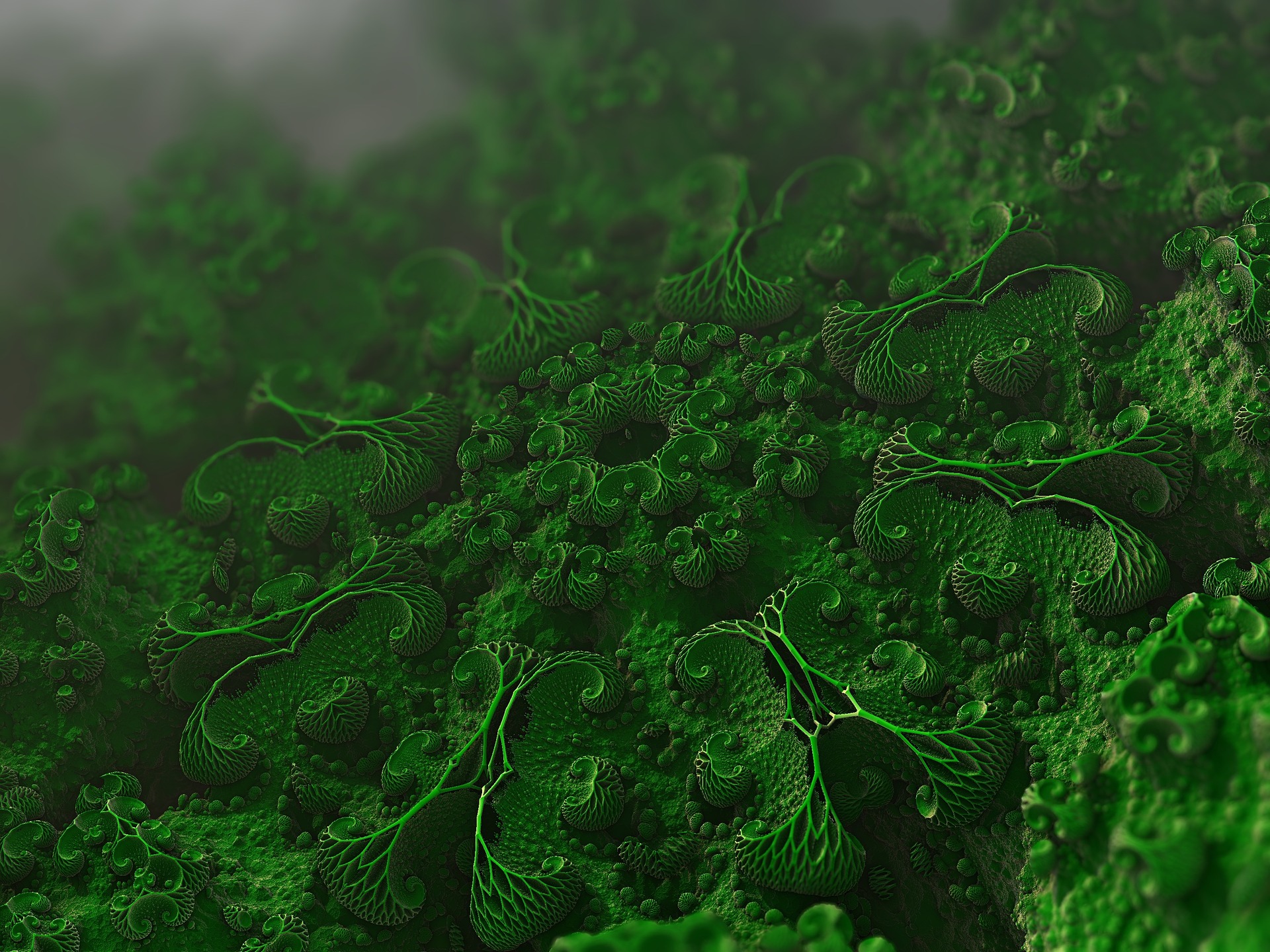UNH Research: Microbial Traits, Not Plants, Determine Abundance of Soil Organic Matter
Author: Lori Wright | Published: December 5, 2016
Healthy soil is rich in organic matter, but scientists have yet to fully understand exactly how that organic matter is formed. Now a team of University of New Hampshire scientists have uncovered evidence that microbial pathways – not plants – are the chief originator of the organic matter found in stable soil carbon pools.
The new insight provides promise for designing agricultural systems that promote microbial communities to optimize soil organic matter formation.
The research was conducted by Cynthia Kallenbach, former UNH graduate student now at Colorado State University, her advisor, Stuart Grandy, associate professor of natural resources at UNH, and Serita Frey, professor of natural resources at UNH. Their results were published in the paper “Direct evidence for microbial-derived soil organic matter formation and its ecophysiological controls” in the journal Nature Communications, and comes from work supported by the NH Agricultural Experiment Station.
In the paper, UNH scientists suggest that soil organic matter accumulates from inputs of dead microbial cells and microbial byproducts formed when microbes eat plant roots and residues, rather than from plants themselves, as previously thought.
In the past, scientists thought the best way to build soil organic matter was to slow down or inhibit decomposition using plants that soil microbes find difficult to decompose. The idea was that the undecomposed plant parts would gradually become soil organic matter, especially if the soil microbial community was inactive.

